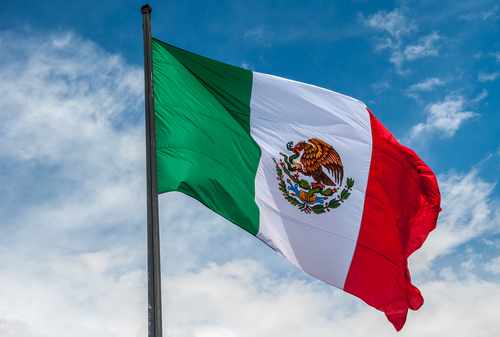
Regulatory Authorities:
The Instituto Federal de Telecomunicaciones (IFT) is the primary regulatory authority overseeing the telecommunications sector in Mexico. Established in 2013, the IFT has been instrumental in promoting competition and safeguarding the interests of both businesses and consumers. It is responsible for granting licenses, regulating interconnection agreements, and ensuring compliance with established norms.
Licensing Requirements:
To operate legally in telecom regulatory compliance Mexico sector, companies must obtain the necessary licenses from the IFT. These licenses outline the scope of services a company can provide and the geographic areas it can cover. Compliance with licensing requirements is essential, as operating without the proper authorization can result in severe penalties and legal consequences.
Competition and Anti-Monopoly Measures:
Mexico's telecom regulatory framework aims to foster healthy competition and prevent monopolistic practices. The IFT monitors market dynamics to identify and address anti-competitive behavior, ensuring a level playing field for all players. Companies must be vigilant about compliance with rules that prohibit unfair business practices and monopolistic behavior.
Quality of Service Regulations:
Ensuring a high standard of service is a priority in Mexico's telecom sector. Regulatory guidelines set by the IFT dictate minimum service quality levels, including parameters for network reliability, call drop rates, and customer service responsiveness. Compliance with these standards is crucial for maintaining customer satisfaction and avoiding regulatory sanctions.
Spectrum Management:
The allocation and management of spectrum resources are tightly regulated in Mexico. Telecom Regulatory Compliance In Mexico companies must adhere to guidelines set by the IFT when acquiring, using, or transferring spectrum licenses. Compliance with spectrum regulations is essential to prevent interference issues and promote efficient use of the radiofrequency spectrum.
Consumer Protection:
Mexico places a strong emphasis on protecting telecom consumers. Regulatory requirements include transparent billing practices, clear terms of service, and mechanisms for resolving consumer complaints. Companies must ensure that their marketing and customer engagement strategies align with these regulations to maintain a positive relationship with consumers and avoid legal repercussions.
Data Protection and Privacy:
With the increasing reliance on digital technologies, data protection and privacy have become critical concerns. Telecom companies in Mexico must comply with relevant data protection laws and regulations. This includes securing customer information, obtaining consent for data processing, and notifying authorities of any data breaches promptly.
Universal Service Obligations:
To bridge the digital divide, Mexico's telecom regulatory framework includes provisions for universal service obligations. Companies are obligated to contribute to the development of telecommunications infrastructure in underserved or remote areas. Compliance with these obligations is essential for companies seeking to demonstrate their commitment to social responsibility.














Write a comment ...